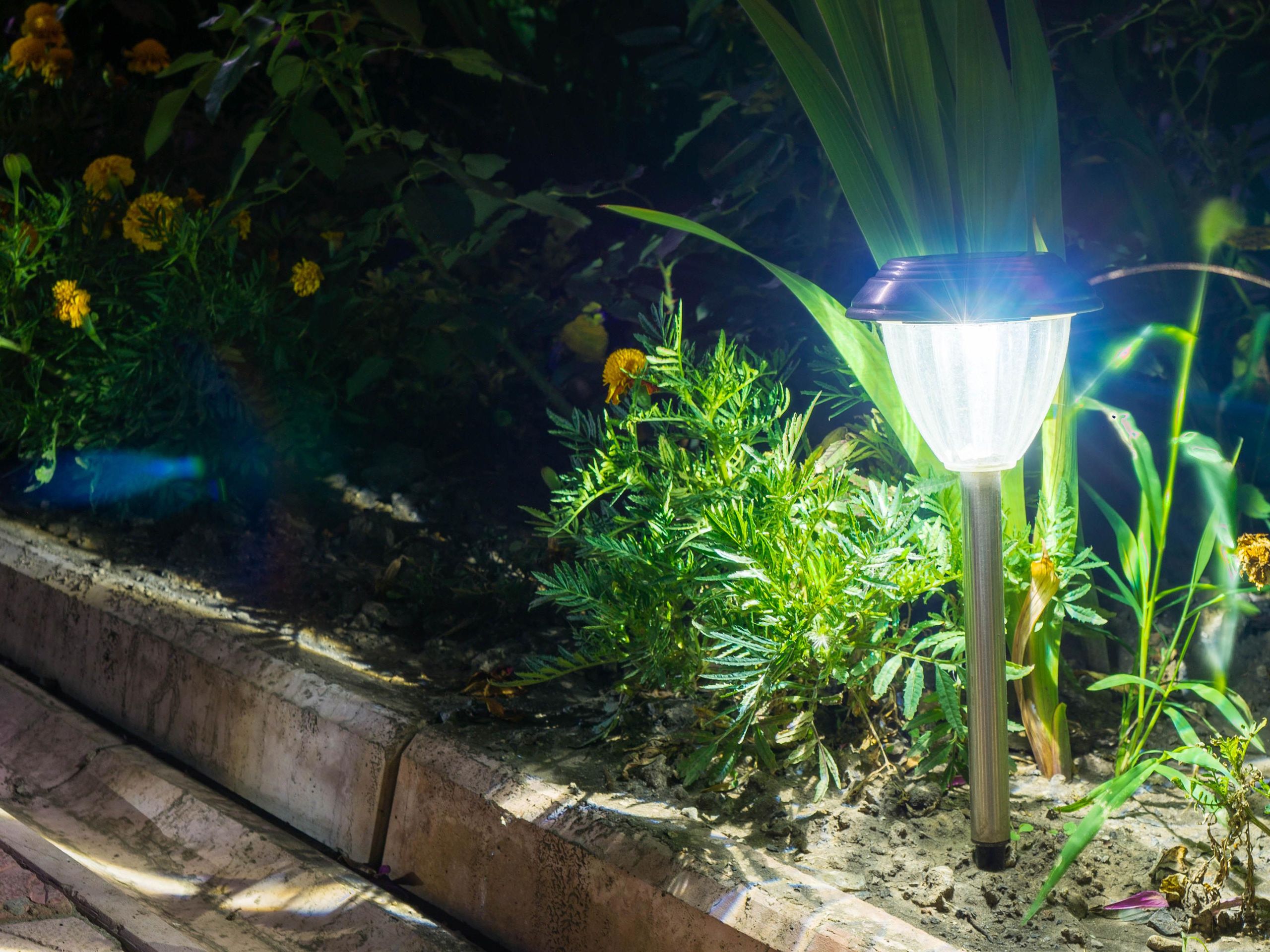Introduction
Garden solar lights add charm and safety to outdoor spaces while being eco-friendly and cost-effective. However, it’s frustrating when these lights suddenly stop working. If your garden solar lights aren’t turning on or staying lit, you’re not alone—this is a common issue that many homeowners face. Understanding why solar lights fail and how to troubleshoot them can save you time, money, and effort.
In this article, we’ll explore the most frequent reasons why garden solar lights don’t work and provide expert-backed solutions. You’ll learn how to inspect, maintain, and optimize your solar lighting setup to ensure consistent performance all year round.
Why Are My Garden Solar Lights Not Working?
1. Insufficient Sunlight Exposure
Solar lights rely on sunlight to charge their batteries. If placed in a shaded area or during extended cloudy weather, the solar panel won’t generate enough energy.
- Tip: Position your solar lights where they receive at least 6-8 hours of direct sunlight daily.
- Expert Insight: According to lighting professionals, even slight shading from trees or buildings can reduce charging efficiency by up to 50%.
2. Battery Problems
Most garden solar lights use rechargeable NiMH or Li-ion batteries. Over time, these batteries degrade and lose their ability to hold a charge.
- Signs of Battery Issues: Lights flicker briefly or not at all after sunset.
- Solution: Replace old batteries with compatible, high-quality rechargeable ones. Avoid mixing battery types.
3. Dirty or Damaged Solar Panels
Dust, dirt, leaves, or water spots on the solar panel reduce its ability to capture sunlight.
- Maintenance Tip: Clean solar panels regularly with a soft cloth and mild soapy water.
- Damage Check: Inspect panels for cracks or discoloration. Damaged panels may need replacement.
4. Faulty On/Off Switch or Sensor
Some solar lights have automatic sensors or manual switches that can malfunction.
- Troubleshooting: Test the switch in different positions. Cover the sensor to see if the light activates.
- Replacement: If the sensor fails, consider replacing the unit or the sensor component.
How to Troubleshoot and Fix Your Garden Solar Lights
Step 1: Check the Location
Move the lights to a sunnier spot and monitor if performance improves over a few days.
Step 2: Inspect and Replace Batteries
Open the battery compartment and check for corrosion or leakage. Use a multimeter to test battery voltage if possible.
Step 3: Clean the Solar Panels
Remove all dirt and debris carefully. Avoid abrasive materials that can scratch the panel.
Step 4: Test the Light’s Functionality
Activate the manual switch or cover the sensor to simulate darkness. If the light doesn’t respond, internal components could be faulty.
Step 5: Consider Environmental Factors
Extreme temperatures and humidity can affect battery life and electronics. Use weather-resistant lights designed for your climate.
Preventive Maintenance Tips
- Regular Cleaning: Schedule monthly cleanings for solar panels.
- Battery Replacement: Replace batteries every 1-2 years, depending on usage.
- Storage: Store lights indoors during harsh winter months to prolong lifespan.
- Quality Products: Invest in well-reviewed solar lights with reliable batteries and durable materials.
When to Replace Your Garden Solar Lights
If after troubleshooting your lights still fail to work properly, it may be time to replace them. Signs include persistent dim lighting, flickering, and frequent battery replacements.
- Upgrade Tip: Modern solar lights offer better battery technology and brighter LEDs.
- Sustainability: Recycling old solar lights responsibly helps reduce environmental impact.
Conclusion
Garden solar lights not working can stem from simple issues like poor sunlight, dirty panels, or aging batteries. By understanding these common problems and applying expert-recommended fixes, you can restore your lights’ performance and enjoy a beautifully illuminated garden.
Regular maintenance and choosing quality products will extend the life of your solar lights, ensuring they brighten your outdoor space year after year. If troubleshooting doesn’t solve the problem, replacing outdated units with newer models is a smart investment in sustainable outdoor lighting.
Take action today: inspect your garden solar lights, clean the panels, and replace old batteries to keep your garden shining bright every night.
